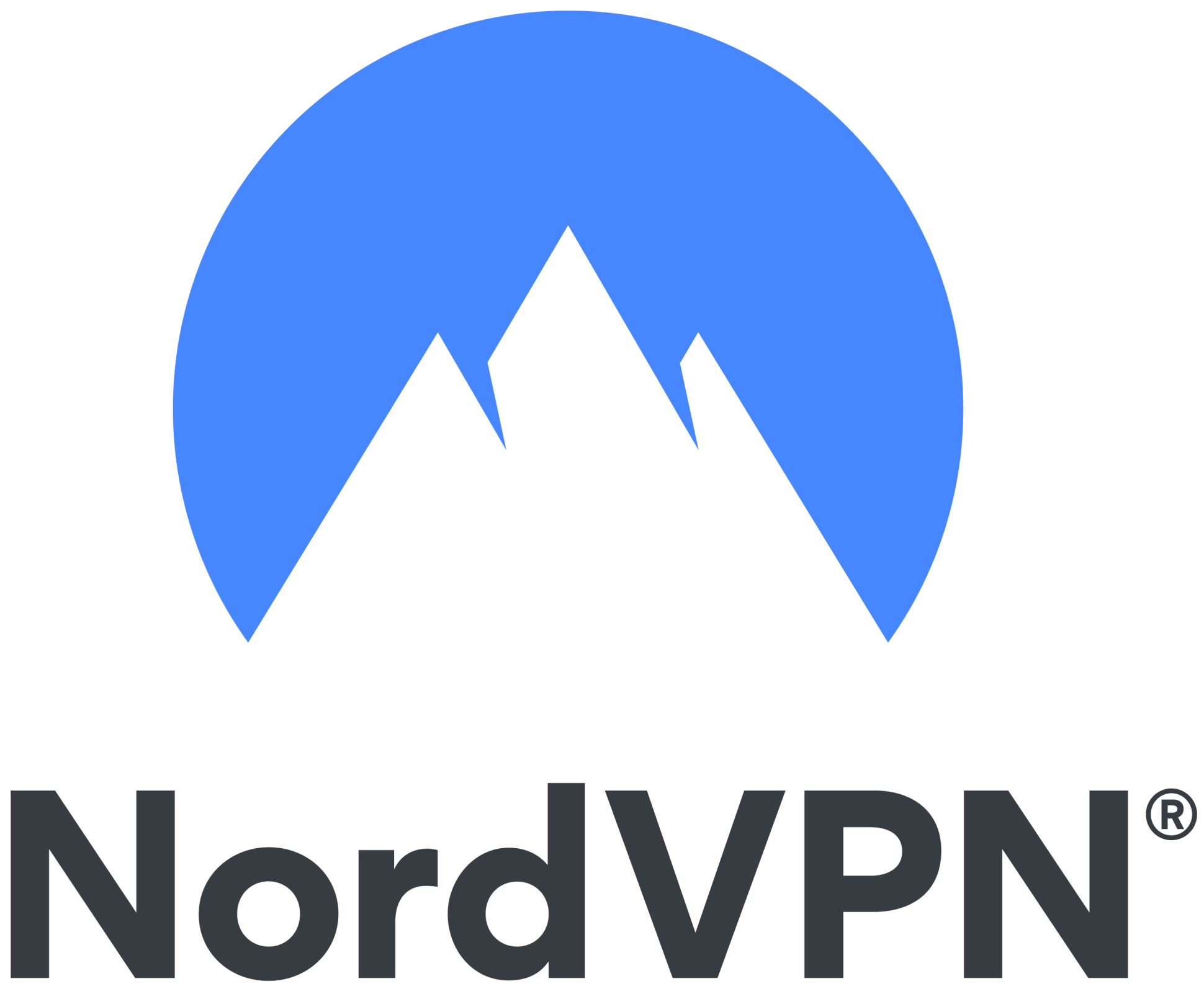Although a lot of reliable VPN services can really prevent the government from seeing and interfering with your online activity, this doesn't necessarily imply that the authorities cannot detect that you're utilizing a VPN. Start reading our guide and learn everything about this important topic.

Ben Grindlow is the founder of ProXPN, a company that provides reviews about VPN products and services. Ben's interest in cybersecurity and privacy led him to start ProXPN, which has become one of the most well-respected VPN providers in the world. Ben is passionate about his work, and he is constantly exploring new ways to improve ProXPN's in-depth guides.
ProXPN Expert Picks

🔥 Save 60%! 🔥
For those of you who are familiar with the internet, the concept of government surveillance should be nothing new to you. With the passage of time, it has unfortunately become an unpalatable fact of life. Unfortunately, the story does not end here. As of right now, government agencies employ a variety of methods to keep tabs on their citizens' online activities.
Consequently, when encrypting sensitive information online, people must use a virtual private network (VPN). However, the question remains as to whether or not government agencies can still track you even if you use a virtual private network (VPN).
Yes, even if you use a virtual private network (VPN), government agencies can track you down. Take, for example, China's Great Firewall of China (GFW), which relies heavily on the deep packet inspection (DPI) method to block VPN users' traffic in order to maintain security.
Because these features are not provided by your VPN service, you may find yourself in hot water and subjected to harsh penalties, including possible imprisonment.
While a VPN will not completely hide your activity from the government, it will make it much more difficult for them to track you. A VPN encrypts your traffic and routes it through a server in another location, making it difficult for anyone to know where you are or what you are doing.
Additionally, a VPN service typically has a variety of servers in different countries, making it even more difficult for the government to track your activity.
If you are concerned about the government tracking your activity, we recommend using a VPN service that has a strict no-logging policy. This means that the VPN provider does not keep any logs of your activities, making it impossible for the government to track your activities.
Police are in charge of the detection and prevention of crime within the boundaries of their assigned jurisdiction. Furthermore, it is responsible for maintaining law and order in the community.
The FBI is a law enforcement agency that is responsible for the detection and prevention of crime within the United States. Furthermore, it is responsible for investigating cases that fall under its jurisdiction.
As previously stated, ISPs are aware of the existence of subscribers who regularly use virtual private networks (VPNs). As a result, they can inform the Police that they should consult with the VPN providers if they want to obtain information about the online whereabouts in the form of connection logs, usage logs, or a combination of the two.
Different web-based applications track the online activities of their users in order to improve their services. The benefit of this is that users' preferences can be taken into consideration when providing personalized services. Similarly, governments intentionally record the web browsing activities of their citizens in order to protect them from a variety of cyber threats.
Government agencies can easily monitor your online activities if you do not use a virtual private network (VPN). They have the authority to request that your internet service providers (ISPs) provide them with all of your information, including web searches, media streaming activities, and so on, whenever they require it.
Additionally, when you connect to a VPN, they can still tell that you are connected to a VPN server, even if you are not. They will not be able to track your online activities if you are using a VPN service. Having said that, they have the authority to request information about their users' browsing activities from VPN providers and Internet service providers (ISPs).
If a VPN adheres to the concept of no-logging policy to the letter, there is a chance that the government will not be able to obtain the information it requires about its users.
Police may not be able to access live, encrypted VPN traffic, but they can get usage or connection logs from your ISP if they have a court order. Because your ISP knows you're using a VPN, they might help the police find you.
Your ISP only knows that you're using a VPN when you connect to the internet through one. And because your real IP address cannot be found, the service will see its IP address instead of yours when you're connected to a server.
Some governments around the world dislike Virtual Private Networks or VPNs. The primary reason for this is that VPNs pose a significant challenge to any government attempting to monitor and regulate internet usage in the nation.
The new regulation requiring users' information collection and storage challenges the very notion of VPNs. According to a CERT-In order, virtual private network (VPN) firms in India must gather and keep customer data for at least five years.
A virtual private network (VPN) masks your location. Your IP address might reveal your position, but it isn't always correct. Typically, your IP may only show information supplied by your ISP, such as the city or place where the internet servers you're connected to are located.